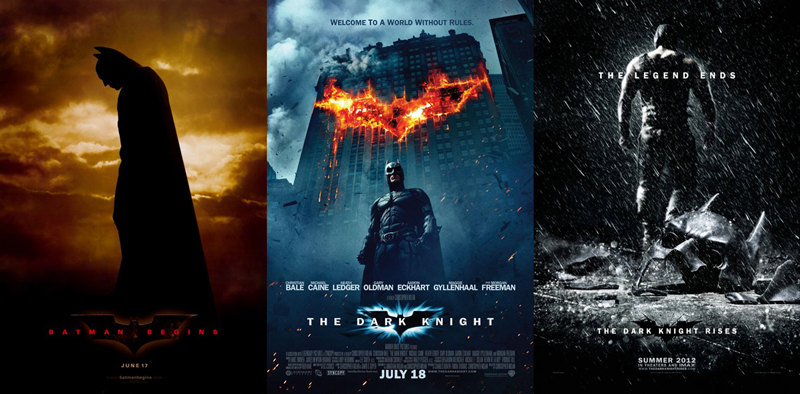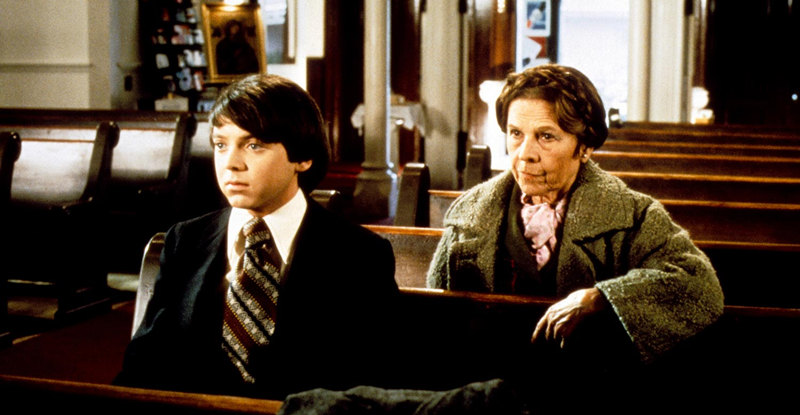You’d have to go back to 1976 and “All the President’s Men” to find a more gripping cinematic presentation of real-life events than 1999’s “The Insider.” Of course, I realize the dangers of such a comparison. The earlier film was about no less a subject than the toppling of an American President. “The Insider” is about a relatively brief interview on the “60 Minutes” television news magazine, an interview that was only a small contribution to a mountain of evidence that eventually stacked up against the tobacco industry. But the movie is not just about whistle blowing. It’s about individual integrity and corporate responsibility. Ultimately, it is the very personal account of two men’s battle to maintain their credibility, a story of determination, concession, and heroism. It’s a human-interest story that plays like a crack suspense thriller. Nominated for seven Academy Awards, including Best Picture, it shouldn’t be missed.
The film stars Al Pacino as “60 Minutes” producer Lowell Bergman, who in the course of investigating some tobacco-related documents encounters Dr. Jeffrey Wigand, a disgruntled former Vice President of Research and Development for the Brown and Williamson Tobacco Company. Wigand, played by Russell Crowe, was fired for obscure reasons and told never to reveal anything he did or learned while working for the tobacco giant. Backing them up, Brown and Williamson have a signed confidentiality agreement that seals Wigand’s lips under threat of legal action. But clearly Wigand has something important to say, and Bergman senses it. When Wigand seems willing to reveal a few things–like the fact that all the tobacco companies lied under oath to Congress when they said they believed nicotine was non-addictive or that all the tobacco companies knew from the start they were in “the nicotine delivery business,” manipulating the component to make it more powerful and addictive–Brown and Williamson get tough.
The company bigwigs begin what appears to be a systematic process of intimidation. Wigand feels he is being followed, his family watched, and his house prowled around. Then he receives anonymous phone calls, menacing e-mail messages, and a bullet in his mailbox. Finally, he faces a smear campaign designed to discredit his testimony. By the end of the affair, he has lost his job, his wife, his kids, his house, and to an extent his reputation. But he still speaks up.
Nevertheless, this is not entirely a film about a whistle blower, important as that may be. Bergman’s attempts to persuade Wigand to tell all he knows, at the risk of suit and possibly jail, constitutes only the first half of the story. It’s the film’s second half that is equally compelling. It’s about the CBS network’s decision to censor their own news department’s interview with Wigand. At about the time the “60 Minutes” segment was to be aired in the mid nineties, company brass were negotiating the sale of the network to Westinghouse Corporation. The last thing the network needed was for the deal to be hampered by the prospect of Brown and Williamson bringing a multi-billion-dollar lawsuit against them. So, what happened? The network bosses told “60 Minutes” chief Don Hewitt (Philip Baker Hall) to instruct Bergman and veteran newsman Mike Wallace (Christopher Plummer) to cut the Wigand piece. To Bergman’s dismay, Wallace agreed to the network’s demand, leaving Bergman and Wigand out to dry.
The movie is directed by Michael Mann, a fellow well versed in suspense thrillers, having made “Heat,” “Thief,” “Manhunter,” “The Keep,” and their like. It was no easy job taking a situation we were familiar with, which many of us had recently seen in reality on “60 Minutes,” and making it fresh and new. Mann keeps things moving forward in a hard, cold, direct, no-nonsense manner, highlighted by clean, straightforward photography and a pounding musical score. Under his direction, Bergman and Wigand come off as heroes. Brown and Williamson, like the other tobacco companies, are denounced as proper villains.
Wigand’s wife (Diane Venora) comes off as fearful and selfish. Most controversial, however, is the depiction of Mike Wallace, who is said to have wanted to sue the movie company before he even saw the film. He may have had a point. He comes off initially as tough but somewhat bland–a pompous, vain, and compromising front man. Later, he redeems himself, in time siding with Bergman and demanding the reinstatement of the Wigand interview, but by then much of the damage is done. In any event, director Mann succeeds in going behind the headlines and creating tension and excitement in material we previously thought we knew pretty well and probably didn’t realize was so fraught with drama.
Video:
Colors in this 2.17:1 ratio anamorphic widescreen transfer are often rich and deep and just as often purposely lightened and washed out. Part of Mann’s job in conveying the sterility of the corporate environment is sometimes putting a bright glare on the picture, which this reproduction captures handily.
Audio:
The Dolby Digital 5.1 sonics are also very good. Don’t you just love to hear rain falling in surround sound? We get a lot of that (it seems to be raining in about every-other scene) and distant thunder, too; but, otherwise, the audio is confined to the transmission of dialogue. Lots and lots of dialogue.
Extras:
Accompanying the film are a seven-minute documentary, featuring interviews with Al Pacino and Russell Crowe, and a segment called “Inside a Scene,” which provides an excerpt from the script, notes to the actors about it, and the completed scene itself. Given the importance of this movie, we might have expected Buena Vista to offer more bonus items, but BV still aren’t interested in such things. What they continue to be interested in, however, is making the user skip over a mess of warnings and previews at startup, this time requiring six clicks of the “Next” button to get to the Main Menu, with no provision for instant film access. Grumble, grumble. English and French are the spoken languages; English captions are available for the hearing impaired.
Parting Thoughts:
A few weeks before writing this critique, one of my students did her own review of “The Insider.” In her opinion the film was interesting but at the same time wordy and boring. I would agree with two of her three assessments. It is certainly interesting and it is inarguably wordy. Talk is its bread and butter. But in the final analysis I would substitute “lengthy” for “boring.” At well over two-and-a-half hours, the film needlessly exceeds the attention span of a lot of viewers. Maybe Hollywood should put a moratorium on long films; I don’t know. I mean, “60 Minutes” managed the story in a fifth that time. What I do know is that “The Insider” is an absorbing piece of work from start to finish, even if that finish is overlong in coming.
Until Wigand and others began speaking out, tobacco companies had never lost a personal injury lawsuit. Think of that. Tons of money had always been their countermeasure. You make trouble, they sue. They have more money. They win. Now, things have changed. “The Insider” gives us a rare glimpse into the fall of a giant. Highly recommended.


